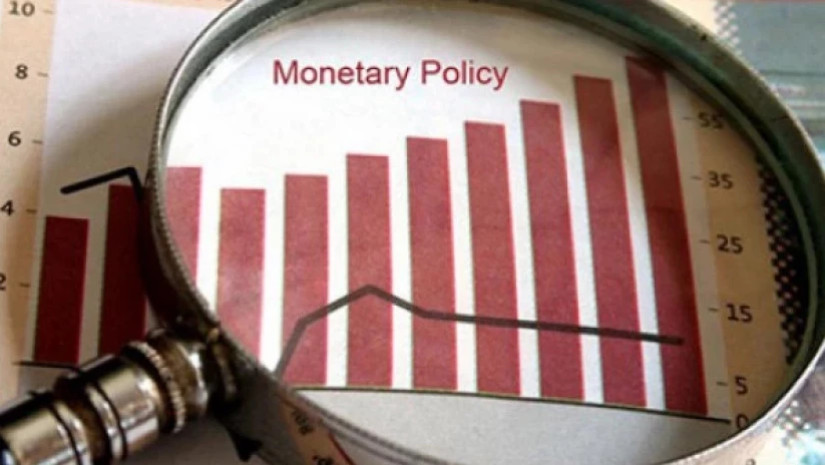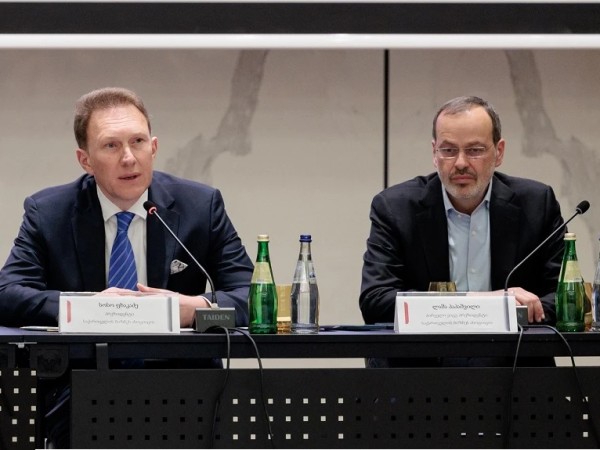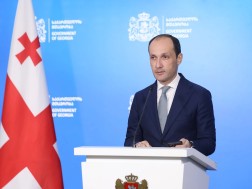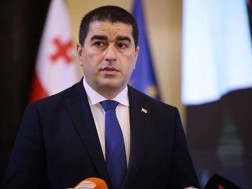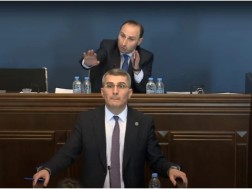Tbilisi (GBC) - Koba Gvenetadze's speech at the session of the Finance and Budget Committee continues. At this moment, he will present the main directions of monetary and credit and currency policy for 2023-2025 and review global factors.
"It should be noted that in the case of a country with a small open economy like Georgia, which is not integrated with any economy with a stable monetary policy, the existence of an independent monetary policy is important. At the same time, free capital mobility is essential for long-term economic growth. These two conditions require the existence of a floating exchange rate regime. The exchange rate performs the function of absorbing shocks, to the extent that, in the event of an external shock, the change in the exchange rate maintains the country's competitiveness and in this way weakens the impact of the said shock on economic growth and inflation. Of course, diversifying our trade more will be important to reduce inflation. I would also like to emphasize the agreement reached between the Georgian authorities and the IMF mission regarding the Stand-By Arrangement for Georgia. The IMF mission notes in a recent press release: “We welcome the government's continued commitment to an inflation targeting framework, a floating exchange rate, and prudent management of reserves. The National Bank of Georgia properly maintained the flexibility of the exchange rate and accumulated international reserves, took advantage of the favorable conditions created by the increase in foreign inflows this year, and continued foreign exchange interventions with the instruments of standard interventions of central banks. In order to maintain the downward trend of inflation, it is necessary to maintain a fairly strict monetary policy," said Koba Gvenetadze.

